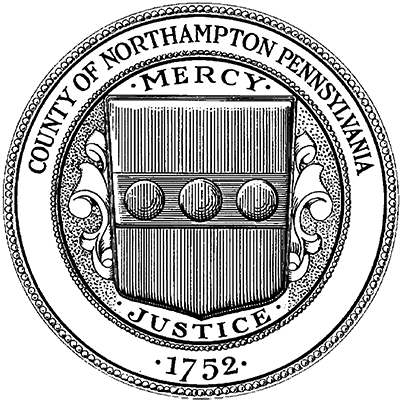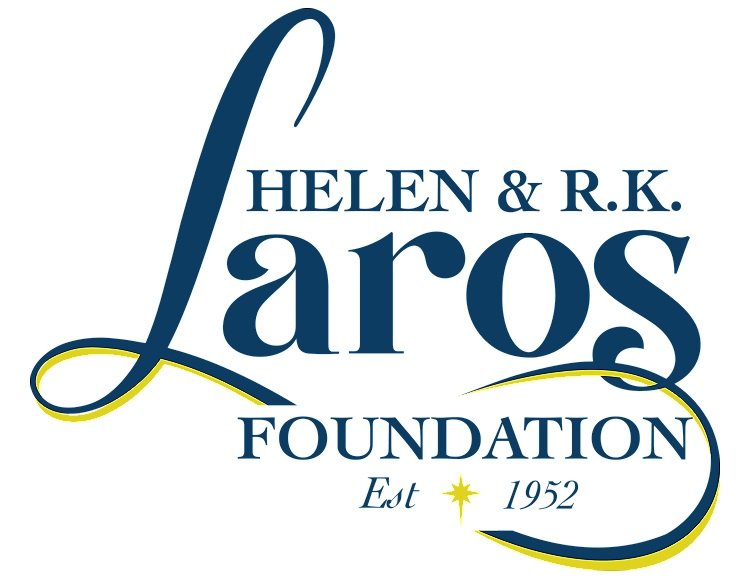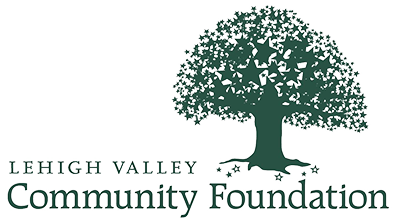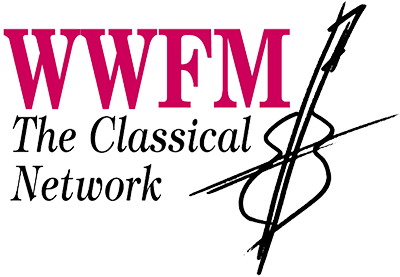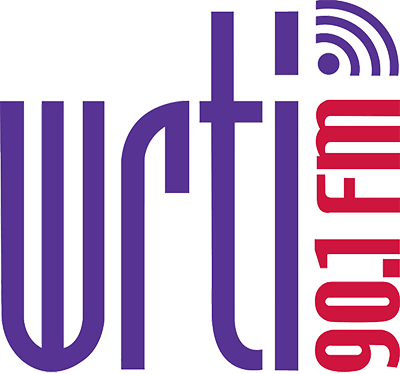[youtube http://www.youtube.com/watch?v=dnTCFeOzCEw&w=640&h=360]
The blog hiatus is over, and it’s time to gear up for our first Bach at Noon of the 2012-2013 season! To Greg’s always- charming introduction, I’ll add that the whimsical repertoire for this first Bach at Noon, on Tuesday, will surely be a wonderful way to kick off the new season (about which I’ll be writing more soon).
We’ll begin with Antonio Vivaldi’s charming concerto in D-Major for recorder and strings, RV 428, Il Gardelino (The Goldfinch). As Greg mentions above, the virtuoso recorder part is meant to evoke the singing of a goldfinch, and the programatic title is not at all misleading. In Vivaldi, we often find evocations of nature, indeed one of his most famous compositions is The Four Seasons. Joining the Bach Festival Orchestra on recorder will be Tricia van Oers, a favorite of our audience for many years. I know no other way to adequately describe her talent than to say that she rocks the recorder. Now that we’re finally experiencing some seasonally appropriate weather, I’m certain that Tuesday’s forecast sunshine and the Goldfinch will pair beautifully.
Likewise, the charm and whimsy of the Vivaldi will also pair beautifully with Bach’s Cantata No. 149, Man singet mit Freuden vom Sieg. In this cheerful work, we trade the spectacular heights of the recorder for rustic ebullience of the bassoon. This will be the second cantata for the Feast of St. Michael and All Angels that we’ll have performed in a year. You may recall the musical fireworks from last spring’s performance of Cantata No. 130, which is based on the Old 100th psalm tune. Like No. 130, there are trumpet fanfares in the opening chorus, but they’re answered for a cheerfully chirpy bassoon, with both polyphonic and homophonic choral writing weaving in and out of the texture. Halfway through, Bach weaves a sequence of ascending melismas on the word erhöhet, or “exalted,” creating a sound picture of heavenly exaltation. This opening chorus is one of the rare cantatas in which the basson part is independent of the basso continuo group (the mysterious and haunting bassoon part from Cantata No. 150, particularly in the gorgeous closing chaconne, is another). Bach had a tempestuous relationship with at least one of his bassoonists, though the good cheer represented by the bassoon part in this cantata seems to suggest that times weren’t always tense in the continuo section. I’m pleased to report that our bassoonist and conductor get along famously, and hearing Chuck Holderman play this music is always a delight.
The second movement is a hymn of praise with the text paraphrasing Revelation, sung by the baritone and accompanied by the continuo group (organ, bassoon, celli, bass). The following alto recitative brings the drama inward, with an adaptation of Psalm 27, and finds comfort in the omnipresence of angels in the life of the faithful. A lovely, pastoral soprano aria follows, expanding on the theme of the companionship of angels and the faithful. A recitative for tenor follows with a statement of faith that, in death, the angels will carry the faithful to God’s bosom.
Then follows the show-stopper duet – though it’s really trio for alto, tenor, and bassoon. It’s nigh impossible not to smile at the happy bassoonisms, dialoging with the two singers. The text exhorts the watchers to remain wakeful, that the night is almost over, and the soul yearns to behold the countenance of the heavenly father. This is a movement of absolute musical delight, and will allow Chuck, our wonderful principal bassoon, a well-deserved moment in the spotlight.
The cantata concludes with the chorale, Herzlich lieb hab ich dich, o Herr, which listeners will recognize as the rousing final chorale of the St. John Passion. Unlike the St. John, however, this version of the chorale reintroduces the trumpets and drums on the final cadence, almost like the opening of heaven and the glories contained therein! The chorale represents about two minutes of music, but for those of us who are privileged to sing it (and, I imagine, those lucky to hear it), it’s always a profound experience.
Please join us for what promises to be a fantastic afternoon of music-making. It’s felt much too long since the conclusion of the Festival in May, and The Choir’s eager to return to our Bach fix. I’ll be writing more about the upcoming season, which is overflowing with musical delights and profound artistry very soon. As with all of our Bach at Noon performances, the concert is free – though you’re advised to arrive soon after the doors open at 11:30 am, our audience regularly numbers close to a thousand delighted souls, and space is at a premium!






